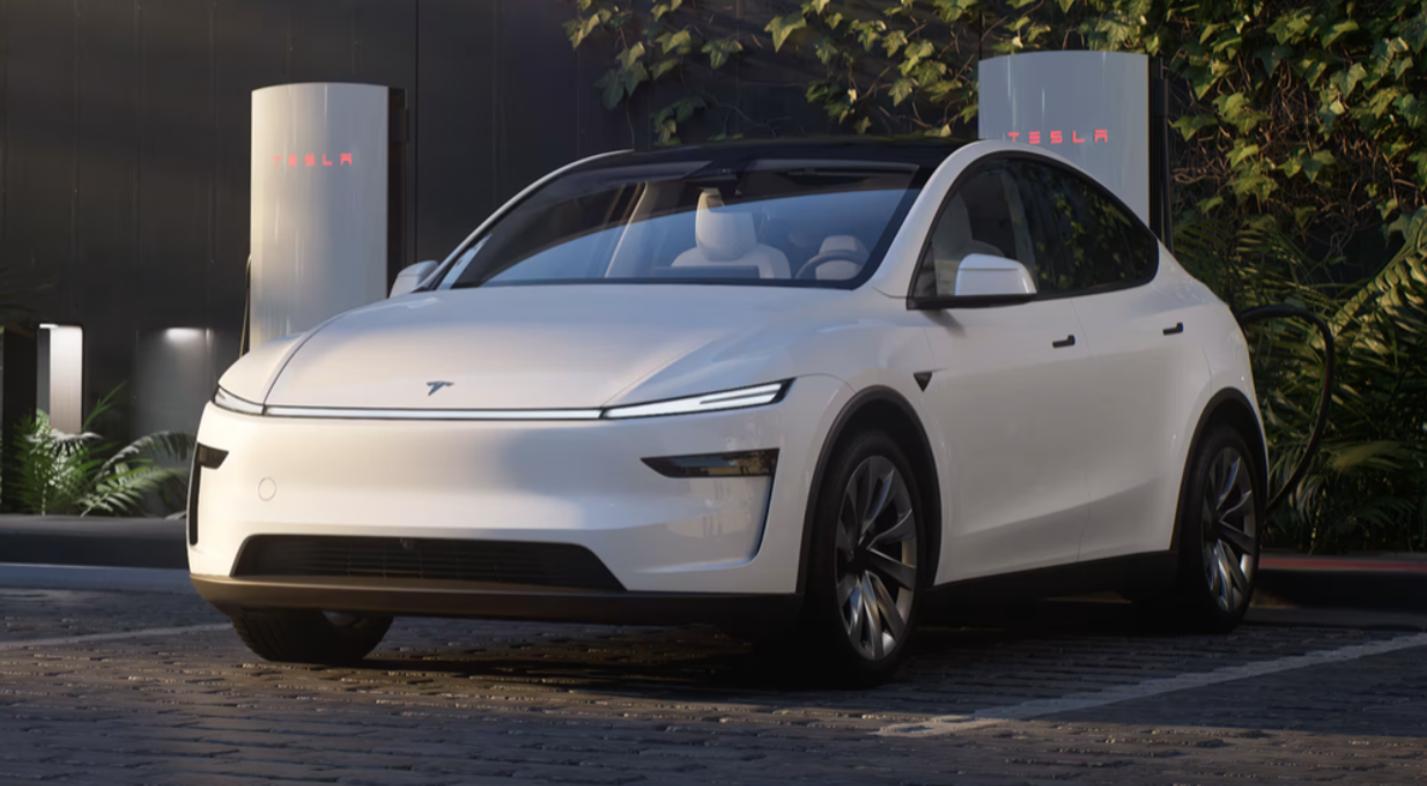
Tesla is extending its energy footprint to Japan, planning to deploy a virtual power plant (VPP) system across the country. This move not only marks a key step in the globalization of its energy strategy, but may also become a catalyst for blockchain energy trading and digital asset markets. As Japan continues to promote green energy transformation, Tesla uses energy storage products such as Powerwall to turn thousands of households into part of the power grid, injecting intelligent scheduling capabilities into the increasingly complex power system. This energy revolution is attracting the attention of both traditional markets and the crypto field.
First, according to Nikkei, Tesla has announced that it will promote its virtual power plant business across Japan. This system based on distributed energy management can connect solar panels and energy storage batteries scattered in users' homes into a whole, unify scheduling, and thus intelligently adjust the power grid. Its role is that when electricity demand increases sharply or natural disasters occur, the system can quickly call on household battery resources to "rescue" the power grid, and charge and reserve when electricity demand is low to achieve peak shaving and valley filling.
Secondly, this technology not only improves the stability of the power system, but also helps to accelerate Japan's energy decarbonization process. As an island country that is highly dependent on imported energy, Japan has strongly supported the development of local renewable energy in recent years and has introduced a number of incentive policies, including subsidies for solar energy and energy storage equipment. Tesla's VPP system is highly consistent with the government's strategy, so it has a strong prospect of policy support.
Furthermore, from the product level, Tesla will mainly rely on its Powerwall battery system to build this "virtual grid" covering the whole country. These home-level batteries can be operated in conjunction with rooftop photovoltaic systems, which can be used by households for their own use and can also be "sold online" when needed to obtain economic returns. For the power grid, the addition of distributed energy storage helps to enhance overall flexibility and stress resistance, which is especially important in countries like Japan where natural disasters are frequent.
However, the potential of this business is not limited to the energy field. Its impact on financial markets, especially cryptocurrencies and blockchain technology, is also worthy of attention. The core of the VPP system lies in the accurate measurement and efficient settlement of a large number of distributed resources, and these functions are precisely the areas where blockchain technology excels. With the help of smart contracts, users can automatically complete electricity transactions to ensure that the transaction process is open, transparent and secure. This makes the tokenization scheme based on energy transactions a reality.
At the same time, traditional energy equipment manufacturers may also benefit. Japan has a relatively mature photovoltaic and energy storage industry chain, and some companies may benefit from the new orders and market space brought by the expansion of VPP. At the global level, upstream, midstream and downstream companies from battery raw materials, system integration to energy management platforms may also benefit from the opportunity. In other words, VPP is not only a technological innovation, but also a potential theme investment hotspot in the capital market.
However, it is worth noting that this trend is also accompanied by certain risks. First, the regulation of Japan's electricity market has not yet been fully opened, and the stability of the electricity trading mechanism and subsidy policy will directly affect the commercial feasibility of the VPP model. Secondly, large-scale data interconnection and remote control may also cause network security issues, which requires companies to have extremely high information security protection capabilities. In addition, the digital asset market itself is volatile, and investors in related encryption projects must be wary of technical adjustments and policy risks.
In summary, Tesla's promotion of virtual power plant business in Japan is not only an extension of its energy strategy, but also an attempt to reconstruct the entire energy system. Through technology integration, policy coordination and market incentives, Tesla is trying to build a new energy ecosystem that is win-win for users, platforms and governments.

On January 4th local time, Trump warned India that if it does not limit its purchase of Russian oil, the United States will continue to raise tariffs on Indian products. Trump's latest warning sent shockwaves through the Indian financial market in just one day.
On January 4th local time, Trump warned India that if it do…
In October 2025, the US trade deficit narrowed unexpectedly…
According to the British media CoinJournal, recently, due t…
In January 2026, US President Trump once again set his sigh…
Europe is facing a crucial strategic choice: In the face of…
On New Year's Day 2026, BMW China announced a "systematic v…